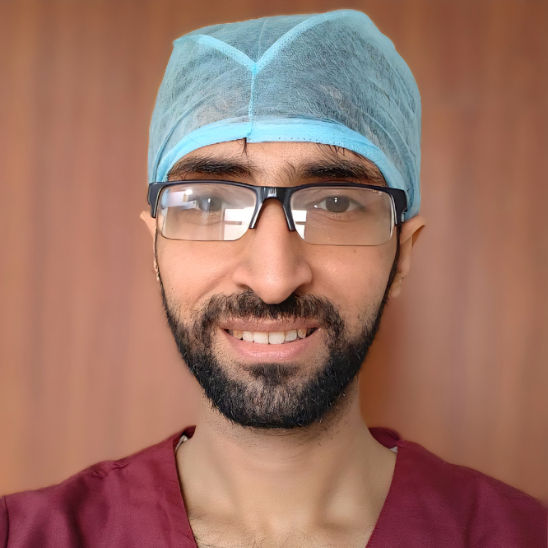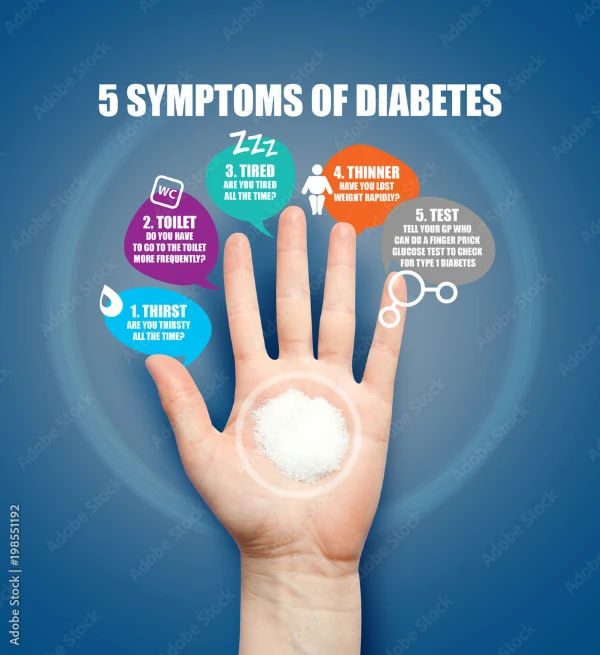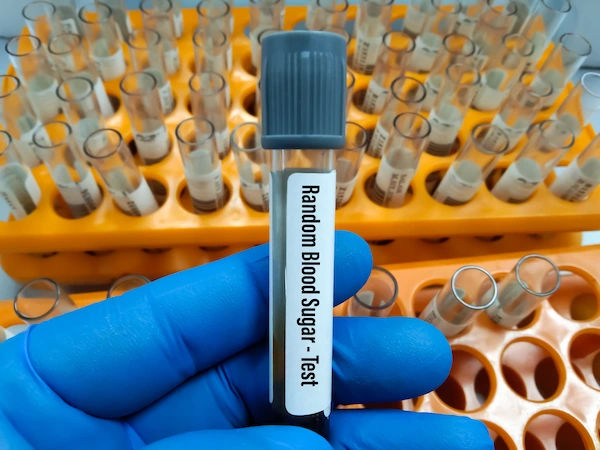Heart Checkup Tests You Should Know
Know why health checkups are important, what are essential health checkups, who should get them done and the best tips for checkups.


Introduction
Your heart is one of the hardest-working organs in your body, pumping blood and oxygen to keep you alive and active. Just like any other machine, it needs regular checkups to ensure it’s functioning well. Heart diseases often develop silently, so early detection through routine tests can save lives.
If you’re wondering which heart checkup tests are important, this guide will help you understand the key screenings, why they matter, and when you might need them.
Why Are Heart Checkups Important?
Heart disease is a leading cause of death worldwide, but many conditions can be managed or prevented with early detection. Regular heart checkups help:
- Identify risk factors (high blood pressure, cholesterol, diabetes).
- Detect heart disease before symptoms appear.
- Monitor existing heart conditions to prevent complications.
- Even if you feel healthy, certain tests are recommended based on age, family history, and lifestyle.
Consult a cardiologist to know about health checkups.
Essential Heart Checkup Tests
1. Blood Pressure Test
What does it measure?
The force of blood against artery walls.
Why is it important?
High blood pressure (hypertension) strains the heart and increases the risk of heart attack or stroke.
When to get tested:
- At least once every 2 years if normal.
- More frequently if you have high BP or risk factors.
2. Cholesterol (Lipid Profile) Test
What does it measure?
Levels of LDL ("bad" cholesterol), HDL ("good" cholesterol), and triglycerides.
Why is it important?
High LDL can clog arteries, while low HDL increases heart disease risk.
When to get tested:
- Every 4-6 years for adults over 20.
- More often, if you have high cholesterol, diabetes, or a family history of heart disease.
3. Blood Sugar (Glucose) Test
What does it measure?
Blood sugar levels to checked for diabetes or prediabetes.
Why is it important?
Diabetes significantly increases heart disease risk.
When to get tested:
- Every 3 years after age 40 (or earlier if overweight or high-risk).
4. Electrocardiogram (ECG or EKG)
What does it measure?
Electrical activity of the heart is used to detect irregular rhythms (arrhythmias).
Why is it important?
Helps diagnose heart attacks, palpitations, or abnormal heartbeats.
When to get tested:
- If you have chest pain, dizziness, or irregular heartbeat.
- Recommended for those with a family history of heart disease.
5. Echocardiogram (Echo)
What does it measure?
Ultrasound of the heart to check its structure and function.
Why is it important?
Detects heart valve problems, weak heart muscles, or fluid around the heart.
When to get tested:
- If you have symptoms like shortness of breath or fatigue.
- For monitoring known heart conditions.
6. Stress Test (Treadmill Test)
What does it measure?
Heart function during physical activity.
Why is it important?
Identifies reduced blood flow to the heart (ischemia) under stress.
When to get tested:
- If you experience chest pain during exercise.
- For assessing fitness before starting a strenuous exercise program.
7. Coronary Calcium Scan
What does it measure?
Calcium deposits in coronary arteries (indicating plaque buildup).
Why is it important?
Predicts the risk of a heart attack before symptoms appear.
When to get tested:
For men 40+ and women 50+ with risk factors (smoking, diabetes, high cholesterol).
8. CRP (C-Reactive Protein) Test
What does it measure?
Inflammation in the body is linked to heart disease.
Why is it important?
High CRP may indicate increased heart attack risk.
When to get tested:
If you have an intermediate heart disease risk.
Get Your Health Assessed
Who Should Get Regular Heart Checkups?
You should consider regular heart screenings if you:
- Are over 40.
- Have a family history of heart disease.
- Smoke or drink excessively.
- Have high blood pressure, diabetes, or obesity.
- Lead a sedentary lifestyle.
Tips for a Healthy Heart
- Prevention is always better than a cure. Here’s how you can keep your heart strong:
- Eat a heart-healthy diet – Include fruits, vegetables, whole grains, and lean proteins. Limit salt, sugar, and fried foods.
- Exercise regularly – Aim for 30 minutes of moderate activity (walking, cycling) most days.
- Quit smoking – Smoking damages blood vessels and increases heart disease risk.
- Manage stress – Practice yoga, meditation, or deep breathing exercises
- .Maintain a healthy weight – Excess weight strains the heart.
- Get enough sleep – Poor sleep is linked to high blood pressure and heart disease.
When to See a Doctor?
Consult a cardiologist if you experience:
- Chest pain or discomfort.
- Shortness of breath.
- Irregular heartbeat.
- Severe fatigue or dizziness.
- Early detection can prevent serious complications.
Final Thoughts
Your heart works tirelessly for you, so return the favour by getting regular checkups. Simple tests today can prevent major problems tomorrow.
Get Your Health Assessed
Consult a cardiologist to know about health checkups.

Dr. Amit. A. Bharadiya
Cardiologist
12 Years • MBBS, MD General Medicine, DNB Cardiology, FSCAI
Maharashtra
Surabhi Hospital, Maharashtra, Maharashtra
(50+ Patients)

Dr. S B Bhattacharyya
Cardiologist
22 Years • MBBS, MD(General Medicine),DM (Cardiology)
Kolkata
Gariaheart Clinic, Kolkata

Dr Yogendra Singh Rajput
Cardiologist
16 Years • MBBS, MD (General Madicine), DM (Cardiology)
Gurugram
Svasthya Child & Cardiac Care, Gurugram

Dr. Pinaki Nath
Cardiologist
8 Years • MBBS, MD General Medicine, DM Cardiology
Barasat
Diab-Eat-Ease, Barasat
Dr. Kapil Challawar
Cardiologist
7 Years • MD, DM (Cardiology)
Guwahati
Apollo Excel Care Hospita, Guwahati, Guwahati
Consult a cardiologist to know about health checkups.

Dr. Amit. A. Bharadiya
Cardiologist
12 Years • MBBS, MD General Medicine, DNB Cardiology, FSCAI
Maharashtra
Surabhi Hospital, Maharashtra, Maharashtra
(50+ Patients)

Dr. S B Bhattacharyya
Cardiologist
22 Years • MBBS, MD(General Medicine),DM (Cardiology)
Kolkata
Gariaheart Clinic, Kolkata

Dr Yogendra Singh Rajput
Cardiologist
16 Years • MBBS, MD (General Madicine), DM (Cardiology)
Gurugram
Svasthya Child & Cardiac Care, Gurugram

Dr. Pinaki Nath
Cardiologist
8 Years • MBBS, MD General Medicine, DM Cardiology
Barasat
Diab-Eat-Ease, Barasat
Dr. Kapil Challawar
Cardiologist
7 Years • MD, DM (Cardiology)
Guwahati
Apollo Excel Care Hospita, Guwahati, Guwahati


.webp)
